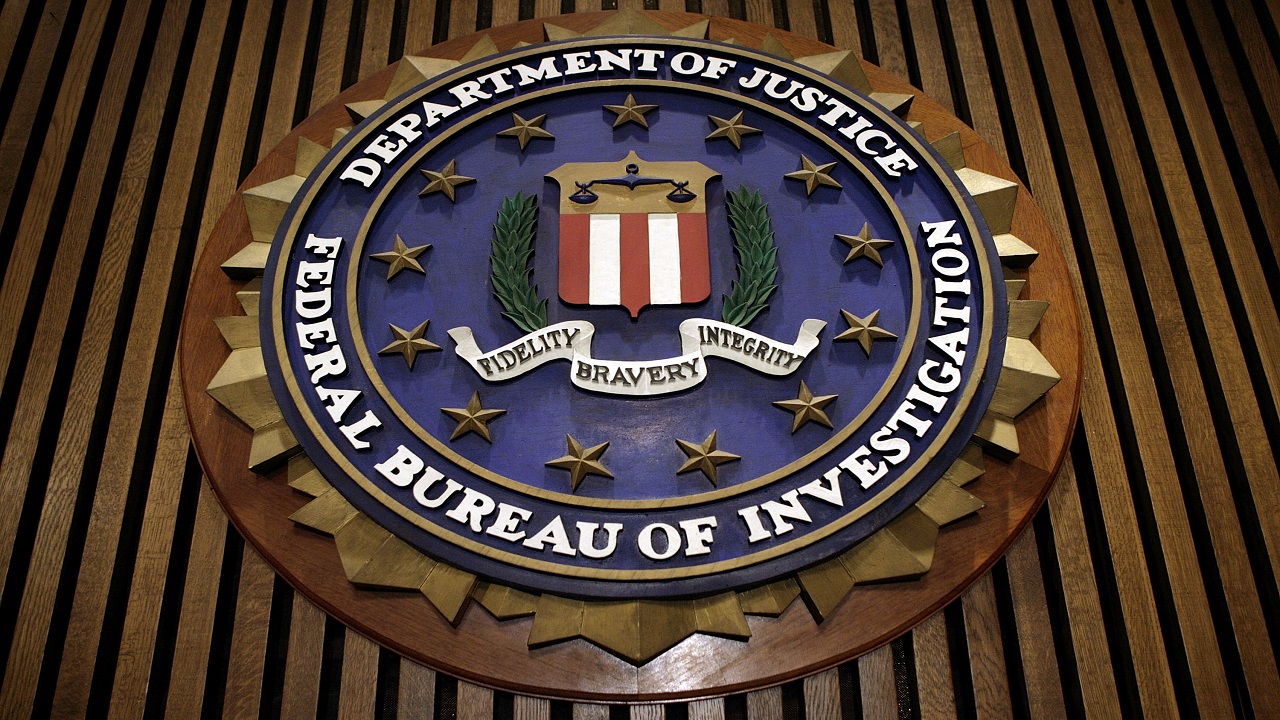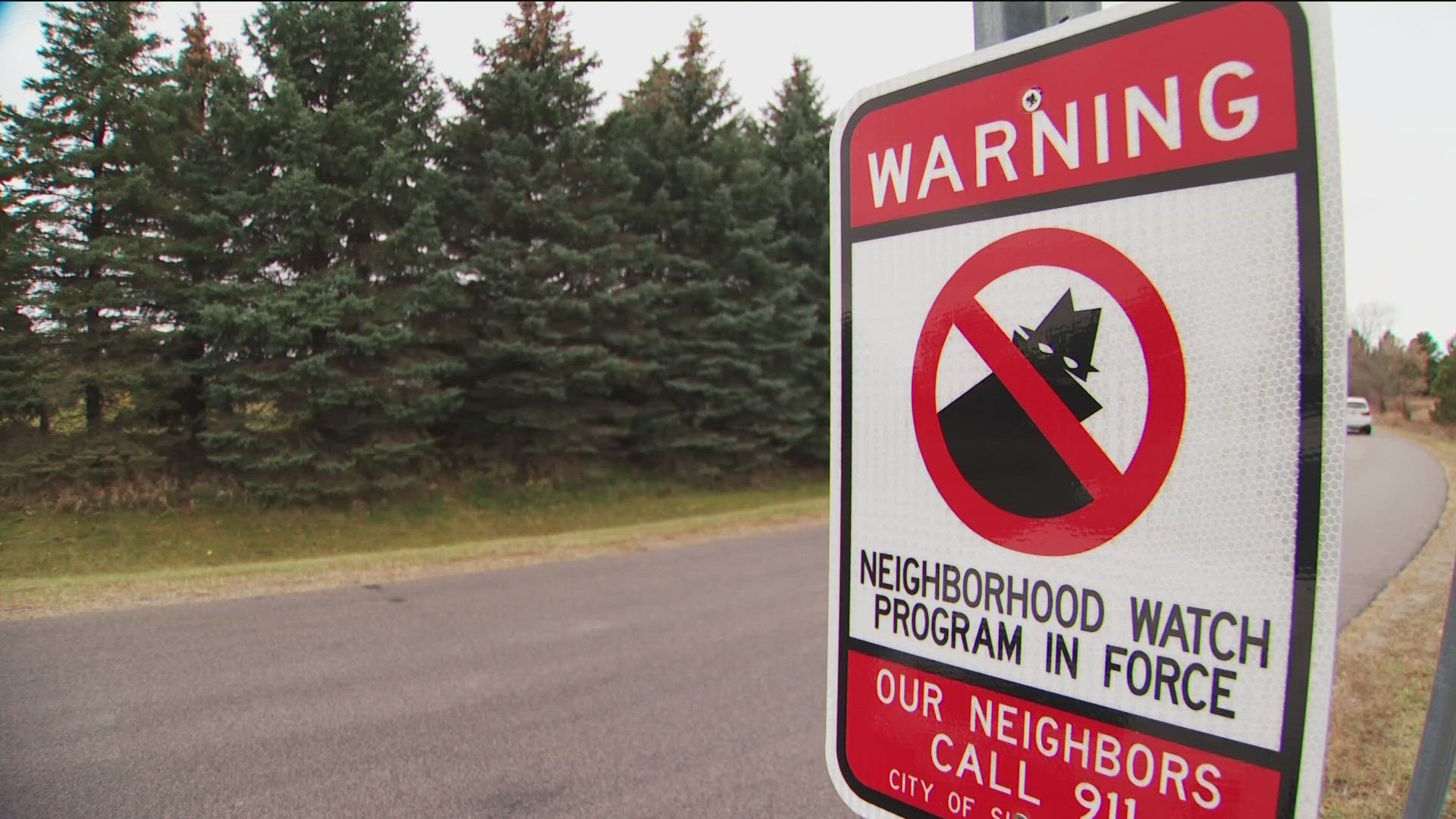ATLANTA - Top leaders of the violent Gangster Disciples were among 48 suspected gang members charged in a wide-ranging conspiracy that included multiple murders, attempted murder and drug offenses, according to federal indictments made public Wednesday.
Forty-five of the suspects were arrested across nine states as part of a federal sweep aimed at dismantling the criminal organization that authorities say wrecked havoc throughout the southeast. Three others remained at large, according to federal officials. Gangster Disciples has known ties to Minnesota, but it is not yet known if any of the arrests took place in Minnesota.
“Atlanta has historically been resistant to the incursion of these national gangs, but unfortunately today’s indictment shows how this landscape has changed ... as the Gangster Disciples are only one of several gangs that now boast a strong foothold,” Georgia U.S. Attorney John Horn said.
According to court documents filed in Georgia and Tennessee, the suspected gang members are accused of a years' long campaign of violence. In Georgia, the group has been linked to 10 murders and 12 attempted murders.
“It is the very of core of law enforcement’s mission to ensure that everyone feels safe in their homes and neighborhoods, and it is a hard reality that many people across our country simply do not enjoy this basic sense of security because of gangs like the Gangster Disciples,” Assistant Attorney General Leslie Caldwell said.
Tennessee U.S. Attorney Edward Stanton said the organization "flooded communities throughout the southeast and beyond with large amounts of drugs, and ruthlessly used fear, intimidation, and even murder to promote and protect their nationwide criminal enterprise.''
“We will continue to work with our law enforcement partners to eliminate the terror gang members inflict upon our communities, and will exhaust every available resource ... to bring them to justice,'' Stanton said.
Gangster Disciples, according to federal authorities, maintains a presence in at least 24 states. Its structured hierarchy includes board members and governors with regional control who direct cadres of enforcers and security chiefs. The group has traditionally sustained itself through drug trafficking, robbery, carjacking, extortion and fraud.


